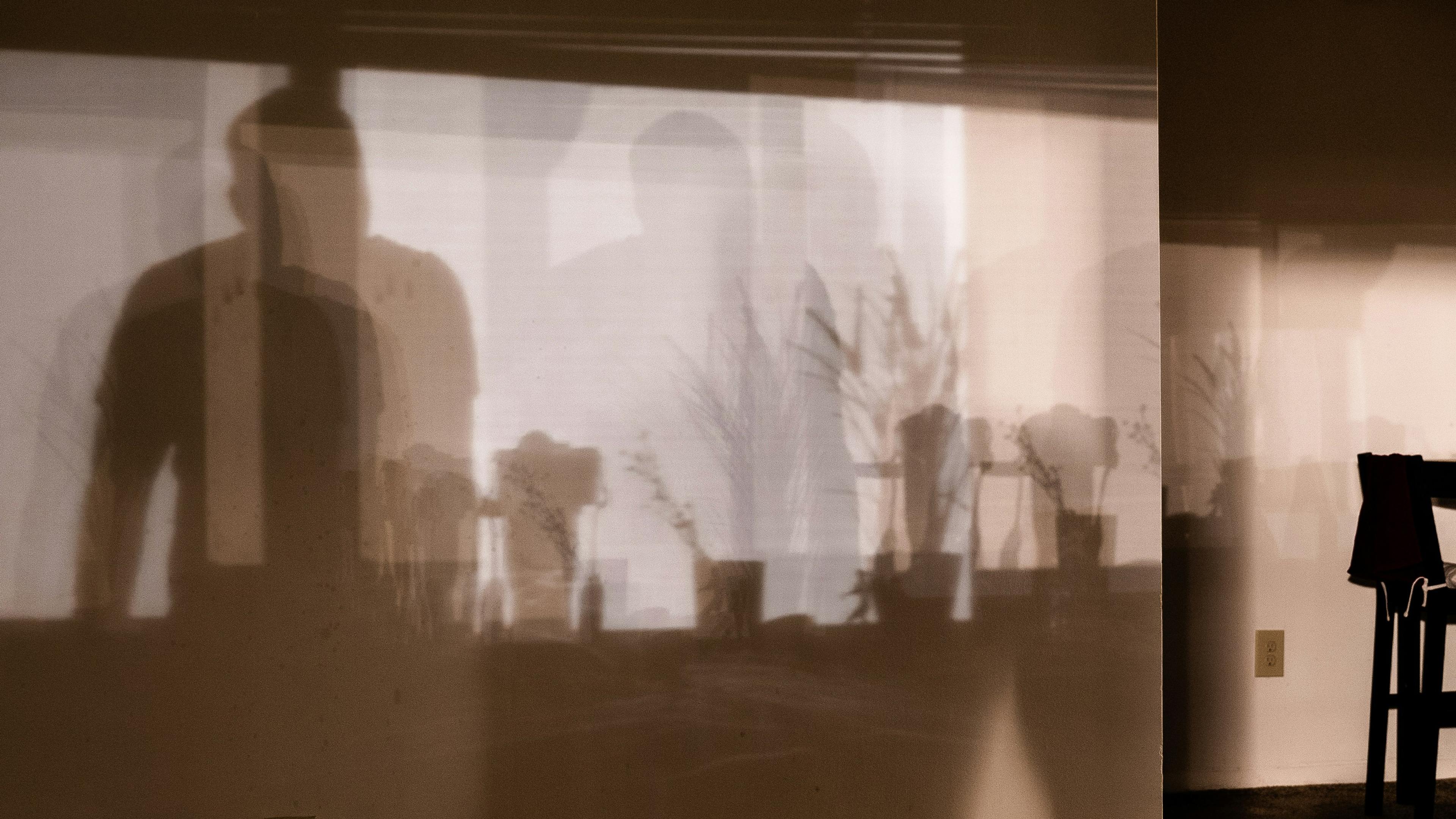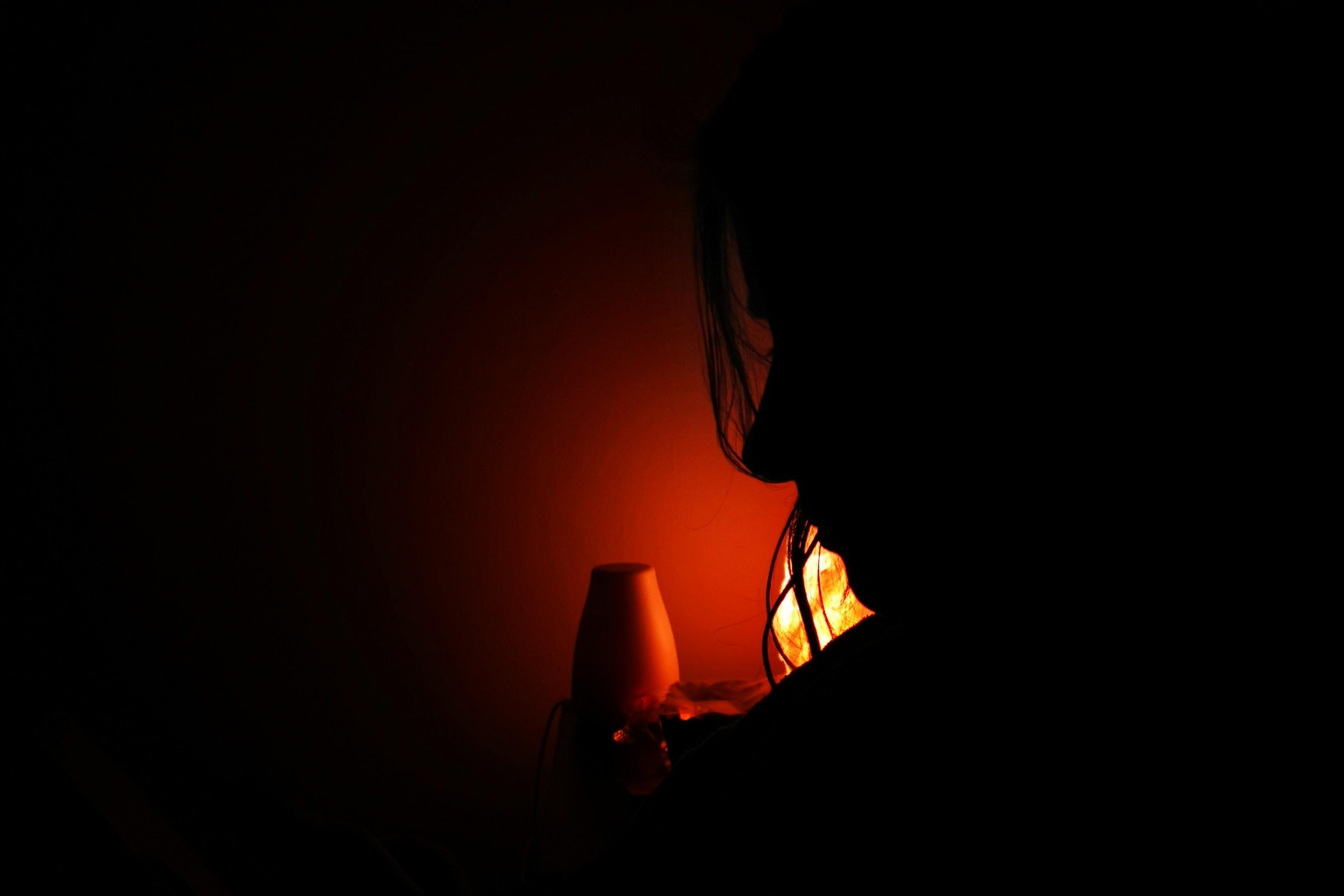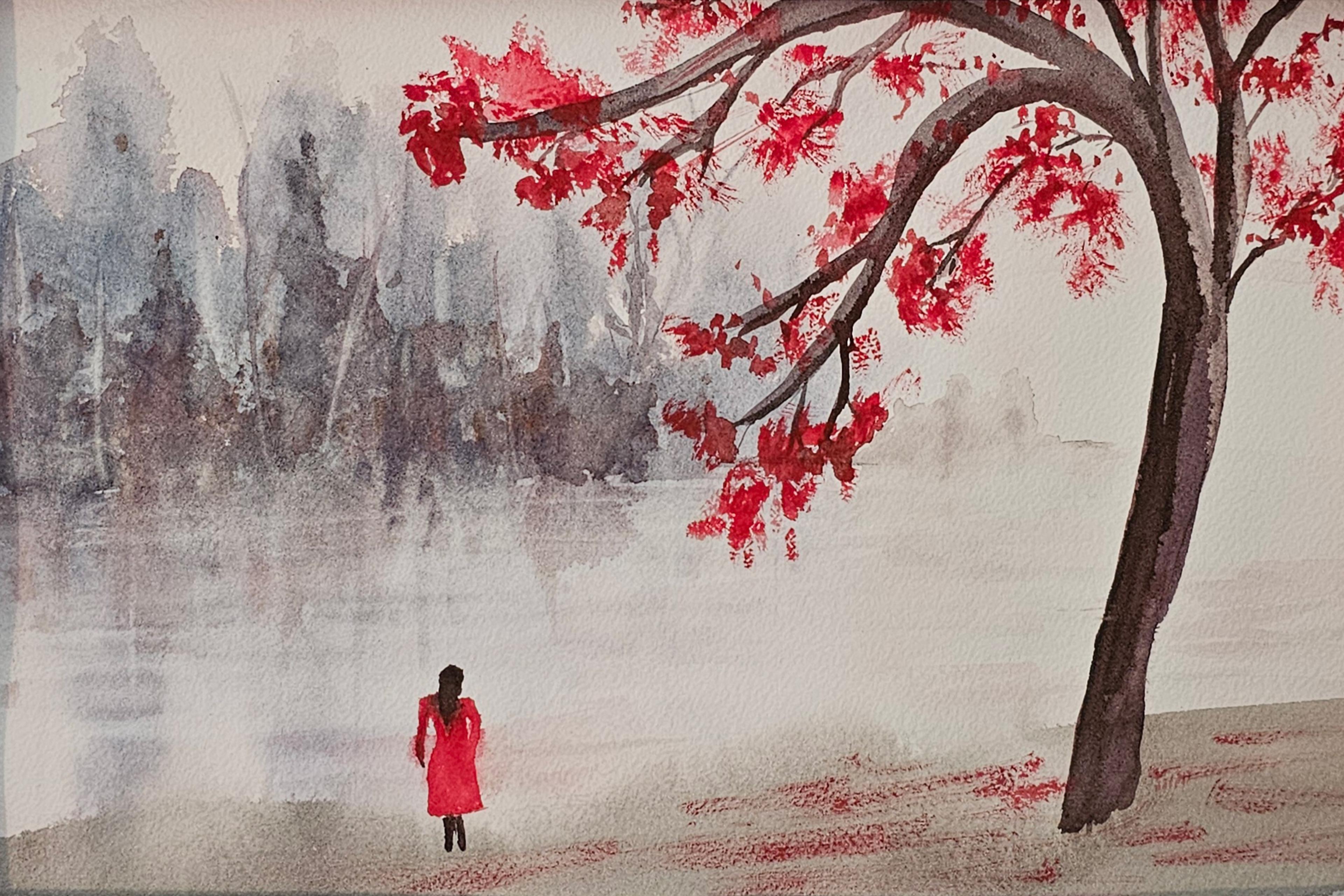On Facebook, we looked happy. My husband, me and our two-year-old son, smiling at a pumpkin patch, laughing in the park, blowing out candles on birthday cakes. It was easy to believe the narrative of a stable, supportive family these snapshots created: in a few square inches of filtered joy, we looked like a normal family.
In real life, we were anything but. At home, the smiles dissolved like mist. Peter, my husband, was out of work and growing more bitter by the day. Our son had just been diagnosed with autism. Instead of coming together as a team, we seemed to be on opposite sides of every decision. I never knew what might trigger his rage. His anger toward the world was all channelled at me, with stinging criticisms and put-downs, and relentless digs at my parenting. The tension was suffocating. I stopped sleeping in our bed and moved into the guest room, but that only triggered his temper more.
Peter hissed: ‘We took vows. Don’t those mean anything to you?’ He yelled: ‘If you end our marriage, you will ruin our son’s life!’ I swallowed his words and tucked them away next to the guilt I felt about wanting a divorce.
I’d watch our silent son sit in a corner at daycare and play with cars by himself, rather than interact with other kids, and I knew in my heart that advocating for him had to be my priority. I watched endless videos that showed what ‘typical’ children did, and things that I thought were endearing – like how my son backed into my lap instead of climbing on face-first – now made my heart ache.
Peter said: ‘You’re coddling him, he’ll grow out of it.’ His certainty made me feel small. Was I overreacting? Smothering? Wrong? He chipped away at my confidence, turning the ground beneath me into something cracked and uncertain. I told myself this was just what parenting under pressure looked like.
Into the midst of our discord, a county case manager came to our house to enroll my son in a new therapy programme. Peter decided to pull up a chair at the dining room table to adjudicate. I felt my stomach drop. He seized the session notes that the therapist had left after my son’s last appointment, and shook them as if they were a smoking gun. ‘How can you call this a session summary?’ he demanded harshly. ‘Does this look professional to you?’
A smart, educated woman, there’s no way I’d end up in an abusive relationship, right?
The case manager was evidently surprised by the outburst. But then Peter turned on me, challenging my decision about the number of hours our son was in behaviour therapy. I wanted to say something, but fear pinned me to the chair. My voice was caged in my throat. If I said the wrong thing and she walked out, my son might lose the help he desperately needed. So I smiled too much, signed the forms too quickly, and tried to shrink into the cracks between their voices.
The next morning, the case manager called. I started apologising for Peter’s behaviour. Asked if everything was OK with my son’s paperwork.
‘I’m not calling about your son,’ she said softly. ‘I’m calling about you.’
I paused in confusion.
‘I work for the county,’ she continued, ‘and I want you to know we have a domestic violence shelter for abused women and children.’
My mind immediately conjured Julia Roberts in Sleeping with the Enemy. Or black eyes, broken ribs, bruises hidden beneath turtlenecks. That wasn’t me. A smart, educated woman, there’s no way I’d end up in an abusive relationship, and I’d certainly know if I was, right? I’d never had cause to concoct a story about how I just happened to break a bone, nor to cover up bruises with make-up, so it wasn’t abuse. ‘It’s not like that,’ I said. ‘It’s mostly verbal.’
Her voice was gentle, but steady. ‘Verbal abuse is still abuse.’
The silence that followed was deafening. Inside it, something shifted. The proverbial lightbulb went off. This woman, who barely knew me, found it so obvious my relationship was abusive that she felt compelled to throw me a lifeline.
After that call, I began replaying our fights, seeing them from an entirely new perspective. The name-calling. The threats. The endless accusations. Words may not leave bruises that you can see, but they can land like blows – inflicting quiet, invisible damage that lingers beneath the surface.
There was one recurring fight that always brought out the worst in him. I had a male coworker who’d become a friend. Both of us were going through hard times in our marriages and our friendship was a sliver of light in a life that felt increasingly dark. My husband didn’t see it that way.
‘What will our son think of his mother’s slutty behaviour when he’s old enough to understand?’ he told me. ‘You’re a whore. That’s what’s destroying our marriage.’
The obligation I felt to stay in my marriage for my son flipped into a determination to get out of it – for my son
He threatened to call my boss to ‘get both of you fired’. There was no affair, no grounds for workplace action, but what kind of husband would deliberately try to hurt his wife professionally? What kind of husband repeatedly calls his wife – a working mom raising a special needs kid who has zero time for socialising, let alone cheating – a slut and a whore?
As I sat at home with the phone tightly pressed to my ear so my husband wouldn’t hear the case manager tell me about the women’s shelter, the answer to that question became glaringly obvious. An abusive husband.
It surprised me how quickly the guilt and obligation I felt to stay in my marriage for my son flipped into a determination to get out of it – for my son. I knew in that moment that I needed to protect him.
I replayed another fight in my head. One predating our son’s birth. At a concert we’d attended with friends, I’d danced with a male friend, who was always a harmless flirt. We’d never dated, but my husband was put out. He simmered in silence at the venue, then exploded into a rage on the drive home. ‘You want to sleep with him, don’t you? I know you’ve slept with him before. I know you are lying to me.’
I was stunned. Exhausted. Once home, I went to bed immediately, thinking sleep would put distance on his madness. I don’t know how much time passed, but I woke to ice-cold water raining down on me. Shivering, disoriented. My husband stood at the foot of the bed, smirking, an empty bucket in his hand.
‘You can’t just walk away from me.’
I scooted to the dry side of the mattress and curled into myself, soaked to the bone, and freezing, as he kept yelling. I told myself Peter’s behaviour was an overreaction. Maybe I had flirted. Maybe I had shared too much with that coworker. If I hadn’t, the fight wouldn’t have happened, right?
This is what emotional abuse does. It takes a kernel of self-doubt and inflames it. A tiny wisp of truth gets twisted into a destructive form of gaslighting that fills your life with smoke so you can no longer see clearly, and then you’re choking. But, now, someone had cut through the haze and put a name to it. Not ‘just fighting’. Not ‘marriage problems’. Abuse.
I didn’t go to the shelter after that call with the case manager, but I did leave. Those vows my husband so often screamed at me – ‘for better or worse’ – rang in my ears. Worse didn’t mean living in fear. Or erasing myself in order to hold the family together.
Combined with navigating my son’s autism diagnosis, divorce represents the most difficult period of my life. Sometimes I look back and wonder how I got through it. But I did. And I’m infinitely stronger for pushing through the fear and finding the grit and determination to leave.
Years have passed since those dark days nearly swallowed me whole. In the beginning, all my energy went into creating the best possible life for my son, managing therapy schedules, and holding him close. But when my son was with Peter and the house fell quiet every other weekend, I was left alone with my thoughts and reflections. The red flags had been there all along. I just chose not to see them. My biological clock was louder than my instincts, and I’d let that drown out the doubt. After the split, friends were quick to point out what they had seen for years. ‘Why didn’t you tell me?’ I asked one of my closest friends. Her answer was soft but honest: ‘We tried. You just couldn’t hear it.’
That woman on the phone handed me a mirror and a map. I followed it
I’ve dated again. My Spidey senses for gaslighting are always on. The signs of narcissism and a victim mentality are easy to spot when you pay attention. And there’s far too much of that out there. But there are also men who are kind, grounded and emotionally generous, and I’ve met them too. Now I can trust my judgment. My bar isn’t just ‘not abusive’. It’s kindness, respect, emotional maturity and accountability because I won’t settle for anything less.
I’ve poured love into the other relationships that lift me up. Friends from business school who are my career support system. Fellow moms who get the chaos and the joy, so I’m not parenting alone. Single friends who are always up for a drink, a travel adventure, a laugh.
And, of course, most of all, my son. Intensive therapy has helped him become a bright, expressive, mainstreamed middle-schooler with no special support. He’s warm, open, affectionate – the kind of kid who feels safe sharing his feelings and still tells me every day that he loves me.
Since the divorce, I’ve been in a long-term relationship that ended amicably, which reminded me that I’m fully capable of building something healthy and good. Am I open to a romantic relationship? Sure. But there’s no missing piece in my life that needs to be filled.
That woman on the phone, years ago – the one who called not about my son, but about me – she handed me a mirror and a map. I followed it. Not perfectly, not painlessly, but with a kind of fierce grace I didn’t know I had. And, now, I do.








